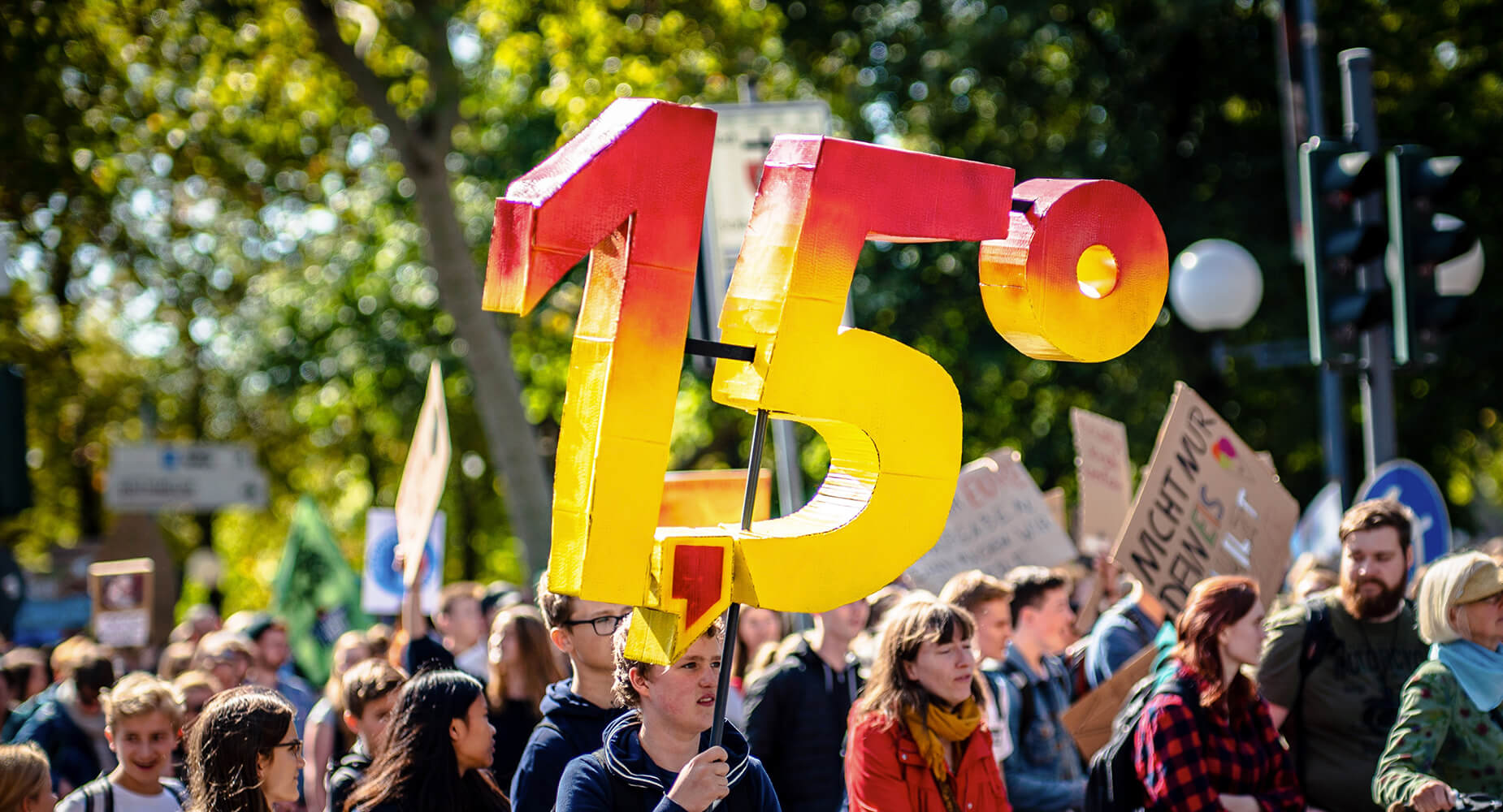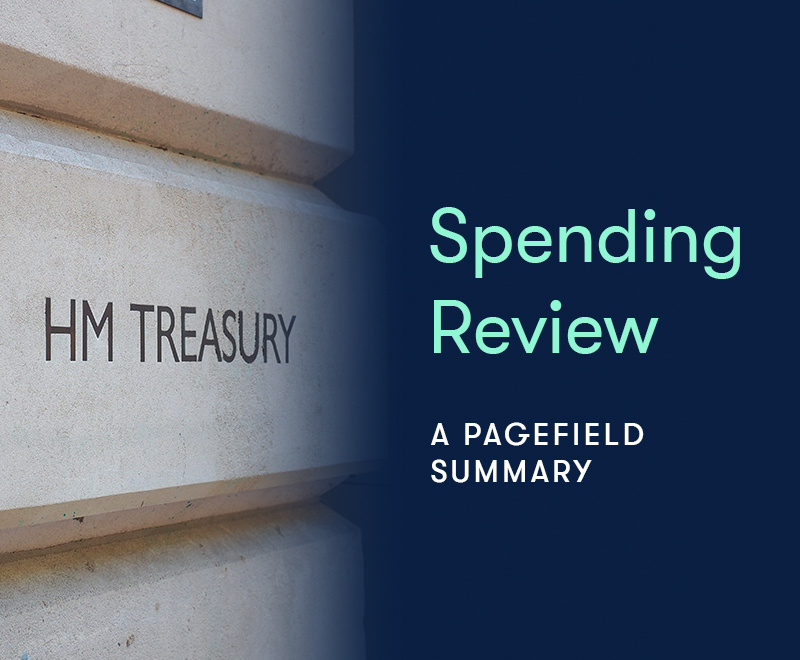The eyes of the world are on Glasgow for the next two weeks as world leaders and representatives gather to tackle one of the biggest challenges facing our planet – the climate crisis.
Anticipation for the conference has been building for a long time. A year later than planned, over 190 countries are coming together for the first time since the pandemic, which has prompted familiar rhetoric of ‘green recovery’ and ‘building back better’ – although arguably COVID-19 has left many countries more focused on economic recovery than cutting their emissions.
COP26 has been positioned as the successor to the Paris Agreement in 2015, where leaders committed to limiting global warming to well below 2C and preferably, to 1.5C. But with current plans to cut C02 emissions still far short of the level required to hit this target, tensions over the success of the conference have been mounting over the past few weeks. Dubbed “humanity’s last chance to save the planet”, the stakes at COP26 are high.
Olivia Crawford, a Consultant in the Pagefield team, sets out five key things to watch out for in the days ahead.
FLOP26?
The success of COP will be determined by the new targets set and new agreements made to put us back on track to limit global warming to 1.5C – but it’s no secret that most countries are behind the commitments they signed up to in Paris six years ago.
Different countries will have different definitions of ‘success’. It could involve an agreement to eradicate coal by 2040, but this will be impossible without securing concessions from China, and it doesn’t bode well that G20 leaders failed to reach a deal to phase out coal consumption this weekend. There are also talks of a formal pledge to cut methane emissions by at least 30% by 2030, commitments to stop deforestation and steps to transition to electric vehicles.
Despite bold statements and characteristic optimism leading up to the Summit, Boris Johnson has expressed concern that “it’s touch and go” on whether the summit will be able to secure the right agreements our planet needs or not.
Geopolitics getting in the way
The President of COP26, Alok Sharma, recently called for geopolitics to be left at the door of COP. Judging by the headlines building up to the Summit though, that looks unlikely. There are notable no-shows, from Vladimir Putin of Russia and President Xi of China, two of the planet’s largest emitting countries, and the UK and France are barely on speaking terms.
Even worse, countries like China and Saudi Arabia are refusing to bring forward their net zero target to 2050 and we still don’t have nationally determined contributions from all the countries as set out in the Paris Agreement.
Still, at least America is back. After Trump shocked the world by announcing his intention to leave the Paris Agreement in 2017, the United States is back at the negotiating table, and the Biden administration will play a significant role in COP negotiations. However, as one of the world’s largest emitters, and with Biden struggling domestically to pass the climate bill in Congress, questions about the US’s capacity to fulfil its Paris Agreement commitments have been raised.
Climate finance
In 2009 at COP16 in Copenhagen, richer countries committed to finding $100bn a year by 2020 from public and private sources to address the needs of developing countries, but the target was not met and is unlikely to be until 2023.
Building on Johnson’s call on richer nations to fulfil a “duty” to support developing nations with technology, expertise and money, the issue of climate finance is likely to be a big talking point in the first week of COP.
And don’t expect developing nations to shy away from this topic. Instead, we are likely to see reinvigorated calls for this commitment to be honoured.
“Blah, blah, blah”
Whilst there are notable absences at COP, including the Queen and the Pope, there will be a number of important guests from the world of climate activism, including Greta Thunberg and David Attenborough who will be playing a leading role in applying pressure on countries and businesses to do more and act faster.
We’ve already seen Greta heavily criticise the Presidency and world leaders for empty promises and no action, so we can expect more bold statements from the young activist taking the Summit by storm.
Sector spotlights
Each day of the conference will focus on a different theme or sector, so it is worth keeping an eye out for what’s specifically being covered on what days. Energy and coal will dominate discussions on day four; food initiatives and sustainable agriculture is on the agenda for day six; transport, covering green shipping corridors and aviation, is leading day 10; whilst day 11 is devoted to cities, regions and the built environment.
Businesses should be alert to where sector-specific regulation, policy and new technologies in their countries might be heading, so that they can get a head start on seeing how this might affect them or how they can help governments with implementation.



